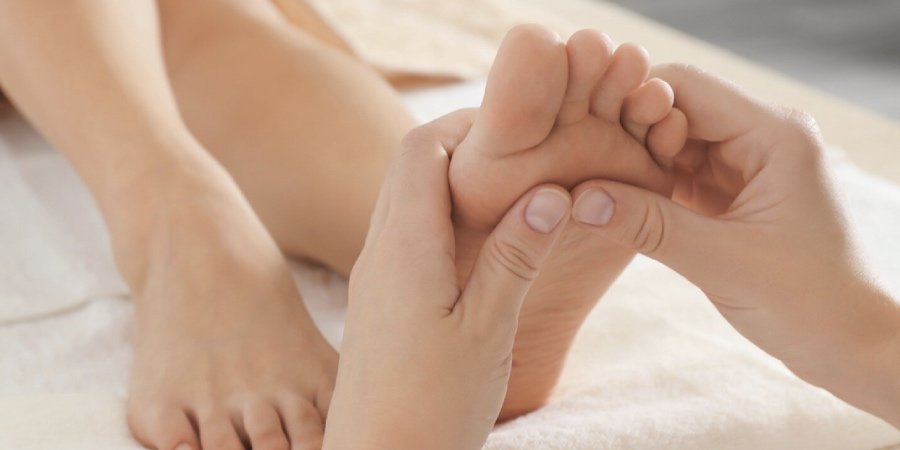Frequently Asked Questions About Reflexology
What is Reflexology
It is an art of stress reduction based on the work of two American physicians, Dr. William Fitzgerald and Dr. Joe Shelby Riley in the 1920’s. Today, Reflexology is recognized worldwide by the public and various national health organizations as a distinct complementary practice within the holistic health field.
Reflexology is a method of manual techniques such as thumb and finger-walking, hook and backup, and rotating-on-a-point applied to specific reflex areas involving reflex maps resembling the human body found predominantly on the feet, hands, ears and face. The techniques applied stimulate the complex neural pathways linking body systems and supporting the body’s efforts to function optimally.
Is Reflexology a form of massage?
No, conventionally people use the term massage very loosely to include other touch therapies that have nothing to do with standard massage techniques. Reflexology has its own history, theories, vocabulary, research, education, techniques, and national certification separate from any other manual therapy. It is non-invasive and requires only the removal of shoes and socks.
Is there any scientific basis to Reflexology?
In the 1890’s knighted research scientist, Dr. Henry Head, proved the neurological relationship that exists between the skin and the internal organs. Nobel prize winner, Sir Charles Sherrington proved the whole nervous system and the body adjusts to a stimulus when it is applied to any part of the body. In Germany Dr. Alfons Cornelius observed pressure to certain spots triggered muscle contractions, changes in blood pressure, variation in warmth and moisture in the body as well as directly affecting the mental state of his patients. Reflexology is built on these concepts.
Since the 1980’s there have been over 300 research studies validating the effectiveness of reflexology on a wide range of conditions conducted around the world, including the US. In Denmark Reflexology has been incorporated into the employee health programs of several large corporations saving each company thousands of dollars annually through the reduction of sick leave. Employees sought Reflexology mainly for the relief of muscular tension, stress, headaches, digestion, and back problems.
What are the benefits of Reflexology?
Many of our health problems can be linked to stress. A body under the influence of prolonged stress is less capable of organizing its own defenses against illnesses and repairing damage caused by injury. Stress can be mentally, emotionally, physically, or environmentally induced. Reflexology is primary a stress reduction technique. It can negate the effects of stress while it helps the body relax and balance itself. In the Ayurvedic Medicine of India it is believed relaxation is the first step in the healing process. Through the relaxation process of Reflexology, the body is better able to deal with the stresses placed on it by daily living and those associated with the illness or injury.
What Ailments does Reflexology help?
A Reflexologist does not practice medicine. Nor does he diagnose medical disorders or prescribe or adjust medications. While Reflexology has antidotally been found to have a positive affect on the body suffering from a wide variety of chronic problems, it is not a substitute for medical treatment or therapy. Though any serious reaction to a Reflexology session is extremely rare, there are times where the use of Reflexology is not appropriate.
Is Reflexology Painful?
No, Reflexology should not be painful because the primary goal is relaxation. Sensitivity found when areas are reflexed is an indicator of where the body may be holding tension or is out of balance.
Can the use of Reflexology guarantee good health?
Nothing can guarantee good health. However, Reflexology can help enhance your life and sense of well-being when it is incorporated into a healthy lifestyle that includes attention to diet, moderate exercise, and different forms of stress reduction.
Reflexology can provide great relief for these common ailments:
Insomnia, Gout, Anxiety and Depression, Headaches and Migraines, Fibromyalgia, Hormonal Imbalance, PMS, Menopause, Gut Issues, Acid Reflux, Plantar Fasciitis, Arthritis, Bronchitis, High and Low Blood Pressure, Adrenal Fatigue, Anemia, ALS, MS, Constipation, Infertility and many more.

